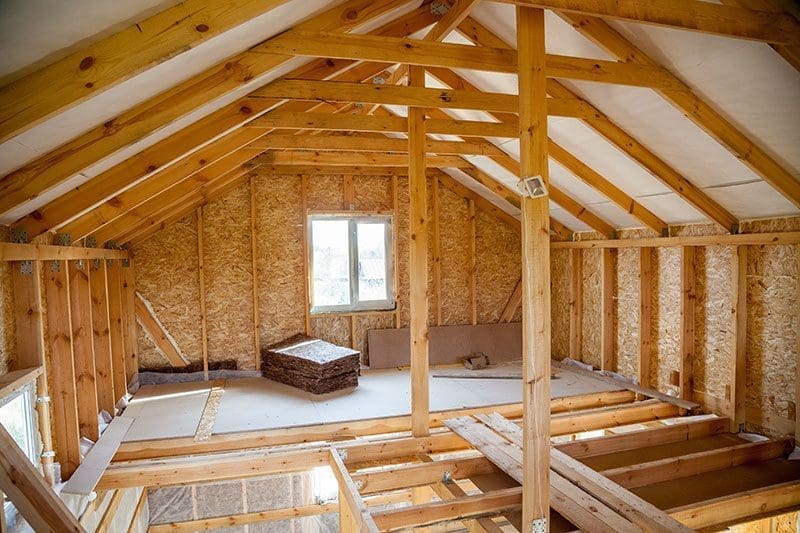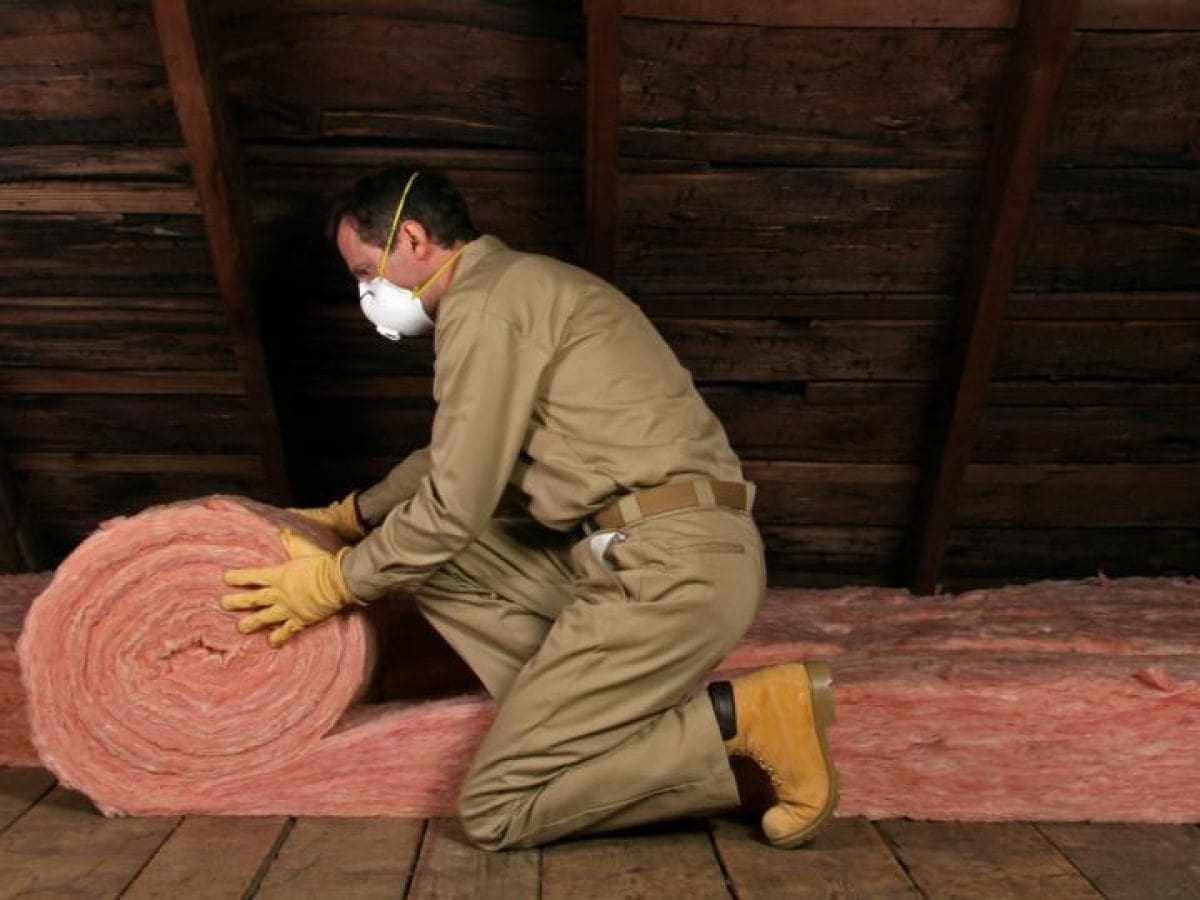
Flat roof and attic insulation is very important. The airtight insulation material installed prevents the exterior air from entering and interior air from escaping. This results in stable comfortable temperatures inside the home regardless of the external conditions.Get A Quote
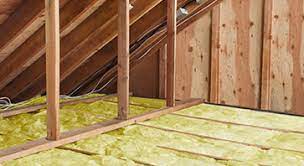
Basically, as air in the house gets warm, it rises. Without insulation, the warm air will be lost via the roof (and any other non-insulated surface), as cold air enters causing temperatures to drop. Such erratic temperature changes are undesirable and so roof and attic insulation is vital to keep your house warm.
That’s why strategic sections of house are insulated. Walls, floors, crawlspaces, basement, attic or any other spot that can allow air leakage. Of these, the non-insulated flat roof or attic contributes to over 50% heat loss for the entire house.Get A Quote
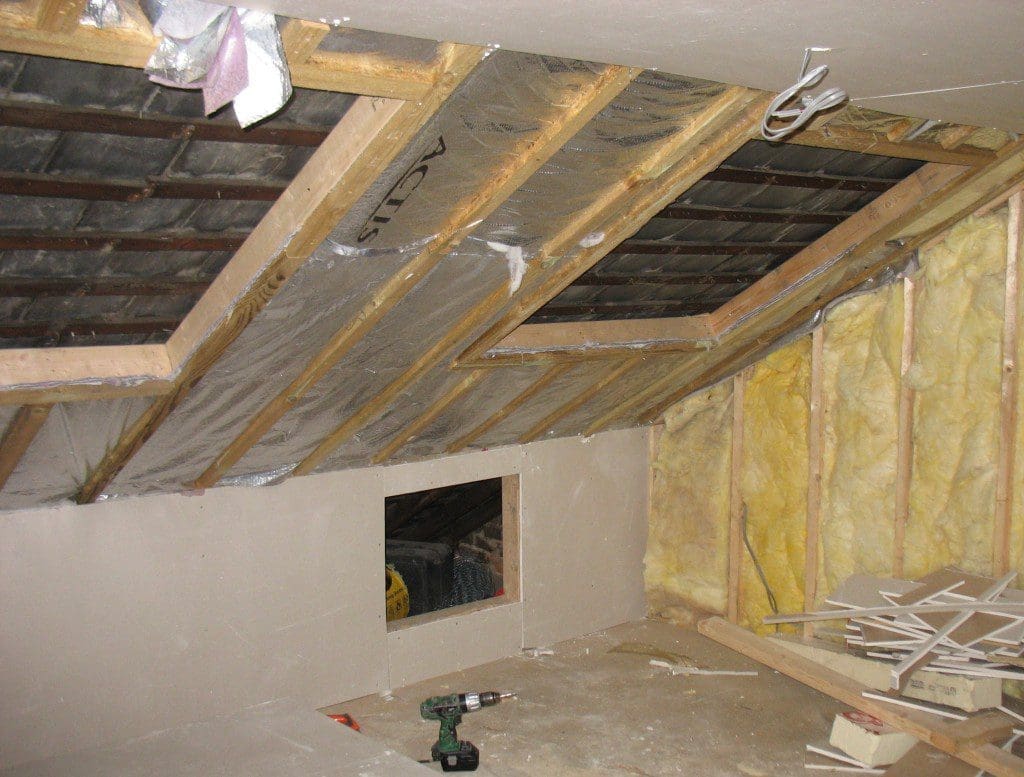
The benefits of good flat roof or attic insulation
Attic insulation yields tangible result that are beneficial to the residents including:- Reduced energy costs
- Improved comfort levels in the house
- Reduced demand on heating, ventilation and air conditioning (HVAC) systems increasing their lifespan
- Sound proofing, enhancing privacy
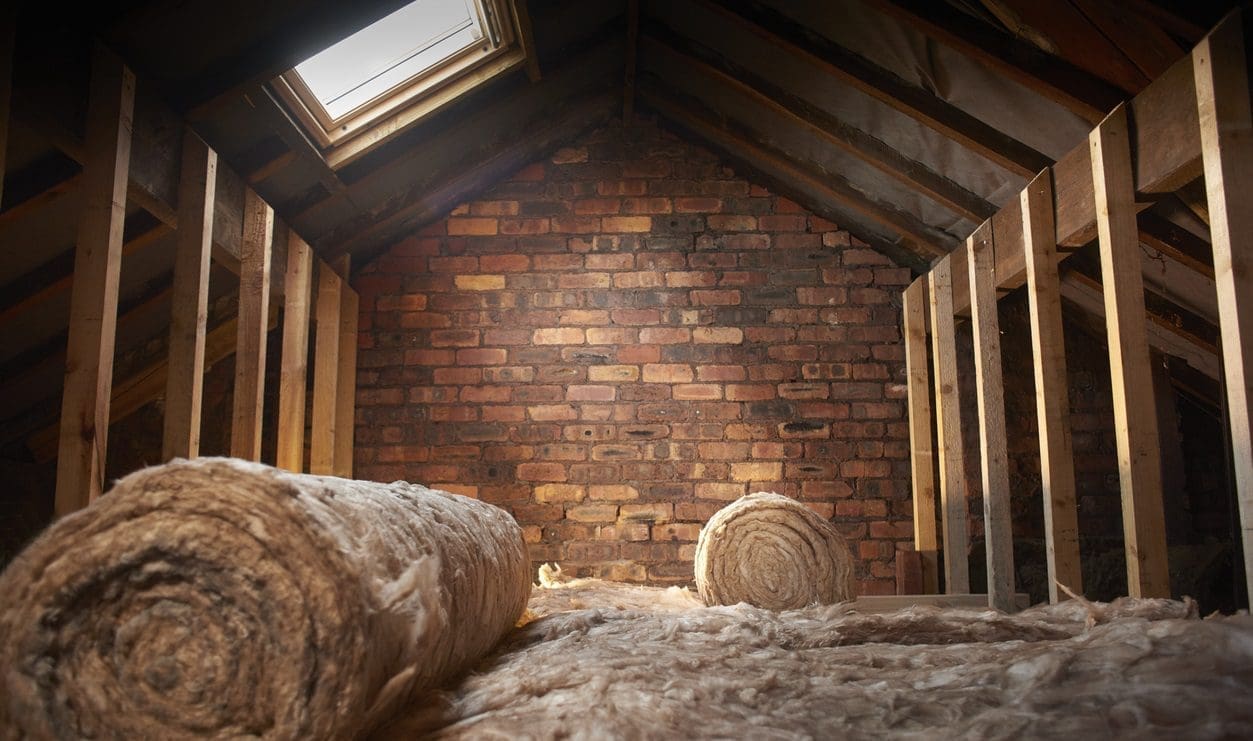
Attic insulation materials
There are many insulation materials well suited for attic insulation. Despite having different features, one thing they have in common is excellent insulation capacity. The materials are rated in terms of their thermal resistance i.e. R-value. The higher the R value the better an insulator a material is.View TestimonialsTestimonials
Why Choose Roofing Experts?
-
Fully Insured
-
10 Year Minimum Guarantee on all replacement Roofs and Windows
-
Estimate sent within 24 Hours
